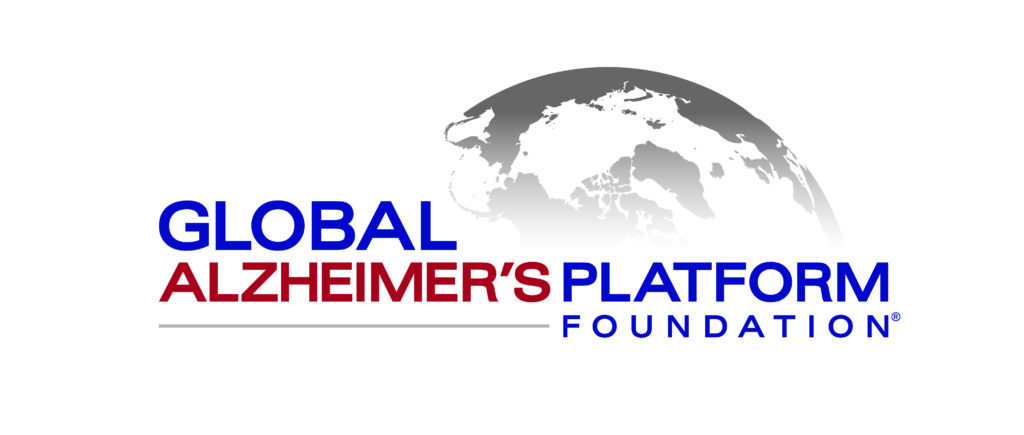A Spanish translation of the article below can be found on Orlando Sentenial posted on February 27, 2020 by Ginayra Alvarado Villegas.
According to statistics from the Alzheimer’s Association in the United States, every 65 seconds a person develops Alzheimer’s disease, a disease that has doctors and researchers conducting studies to develop a drug or treatments that combat this type of dementia that develops mainly in older people.
The disease “first affects the parts of the brain that control thinking memory and language,” explains the Medline Plus portal, developed by the National Library of Medicine of the United States. Because of the slowness with which the disease develops, it is essential that people are aware of the importance of having memory tests.
“A memory test should be something like it’s routine, something like a physical check-up with the doctor. In this way, we can detect when people are presenting with Alzheimer’s symptoms or prevent them from reaching that stage,” said Marcela Magana, ClinCloud recruiter, one of the medical research clinics that will be part of the Global Alzheimer Platform (GAP) Conference.
The GAP Conference, a foundation composed of a group of more than 80 research centers that work together to accelerate and improve medical research, is only for doctors, researchers, and experts in the field of Alzheimer’s. It will be held in Orlando from February 26 to 28. In this, they will discuss, among other issues, the challenges that researchers are facing to recruit patients to carry out medical research that result in treatments or medications to combat Alzheimer’s disease, a disease that during 2018 inflicted 580,000 Floridians over 65 years old.
According to Belinda Páez Russell, who is part of the JEM Research Institute integration services team, “there are promising research on Alzheimer’s at this time,” but recruiters call on Hispanics to approach their centers and collaborate voluntarily in the investigations they are conducting.
“There are promising research on Alzheimer’s at this time,” said Belinda Páez Russell, who is part of the JEM Research Institute integration services team. It continues to be important to have recruiters call on Hispanics to approach their centers and collaborate voluntarily in the investigations.
Volunteers, whose information is kept confidential, must be willing to have medical exams and share their medical records.
“I believe that the public does not know that these investigations are happening and that there are places like ours that we are here in the community,” said Páez.
”For the studies that we do here, we do not charge the person or his insurance. Everything we do during the studies is at no cost to the patient. All exams, diagnoses, everything that is done in a study is paid by sponsors,” said Páez.
Similarly, in the center where Magana works, volunteers are not charged. In the case of ClinCloud, it has staff that can assist patients in Spanish.
Experts on the subject point out that 2020 is a key year in Alzheimer’s research, as at least two medications are underway for approval by the FDA (Food Drug Administration.)
Due to the growth of the disease among the population, Páez explained that one of the goals of GAP is to carry out the studies as soon as possible to be able to help as many people as possible, while also urging for patients needed for the study.
The Alzheimer Association published on its website that:
- 1 in 3 older adults die with Alzheimer’s disease or other dementia.
- Alzheimer’s causes more deaths than breast cancer and prostate cancer combined.
- About 5.8 million Americans live with the Alzheimer’s disease.
- By 2050, it is estimated that the figure will grow to almost 14 million people.
If you are interested in participating as a volunteer in the research, visit https://globalalzplatform.org. You can find the centers that are part of the Foundation.
Both men and women, especially those 50 years or older can participate in these investigations.
Among the 16 centers located in Florida is ClicCloud, which is located at 1640 N. Maitland Ave., suite 1000, Maitland and the phone number is (407) 636-4031. Meanwhile, JEM Research Institute is located in the south of the state at 130 JFK Dr., suite 203, Atlantis and the contact number is (561) 968-2933. “There is currently no medication available that would be available if the volunteers had not participated in clinical trials,” said Mark Goldstein, a JEM Research Institute physician.
